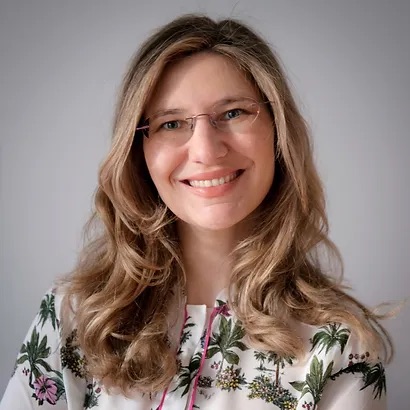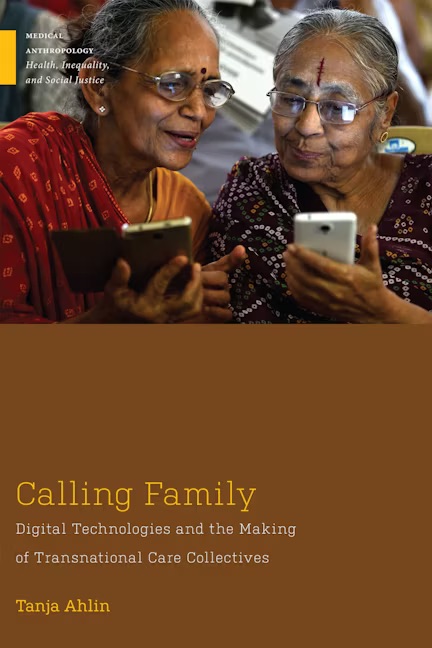Download the transcript of this interview.
For this episode of Platypod, I talked to Dr. Tanja Ahlin about her research, work, and academic trajectory. She’s currently a postdoctoral researcher at the University of Amsterdam in the Netherlands, and her work focuses on intersections of medical anthropology, social robots, and artificial intelligence. I told her of my perspective as a grad student, making plans and deciding what routes to take to be successful in my field. Dr. Ahlin was very generous in sharing her stories and experiences, which I’m sure are helpful to other grad students as well. Enjoy this episode, and contact us if you have questions, thoughts, or suggestions for other episodes.

Dr. Tanja Ahlin, image from her personal website.
About Dr. Tanja Ahlin
Dr. Tanja Ahlin is a medical anthropologist and STS scholar with a background in translation. She has translated books about technology and more. She has a master’s degree in medical anthropology, focusing on the topic of health and society in South Asia. Dr. Ahlin has been interested in e-health/telehealth for a long time, before the recent COVID-19 pandemic years, in which those words became part of our daily vocabulary. Her Ph.D., which she concluded at the University of Amsterdam, has focused on everyday digital technologies in elder care at a distance. Her Ph.D. research is being published as a book at Rutgers University Press. The book will be available for purchase starting on August 11, 2023.

Calling Family – Digital Technologies and the Making of Transnational Care Collectives | Rutgers University Press
In our conversation, we talked about Dr. Ahlin’s blog focusing on the Anthropology of Data and AI. This project—in which Dr. Ahlin writes about the intersection of tech and different fields such as robotics, policy, ethics, health, and ethnography—is a kind of translation work, since Dr. Ahlin is writing about complex topics to a broader audience who are not familiar with some STS and anthropological concepts and discussions. “The blog posts are not supposed to be very long. I aim for two to four minutes of reading … I realized that people often don’t have time to read more than that, right?” says Dr. Tanja Ahlin.
About the Upcoming Book, Calling Family: Digital Technologies and the Making of Transnational Care Collectives
Dr. Ahlin’s book is based on ten years of ethnographic research with Indian transnational families. These are families where family members live all around the world. The reason for migration is mostly due to work opportunities abroad. In her research, Dr. Ahlin looked at how these families used all kinds of technologies like mobile phones and webcams, the Internet, and Whatsapp, not only to keep in touch with each other but also to provide care at a distance. Dr. Ahlin conducted interviews with nurses living all around the world, from the US to Canada to the UK, the Maldives, and Australia. This varied and diverse field gave origin to the concept of field events that Dr. Ahlin develops in her work. In her work, Dr. Ahlin also developed the notion of transnational care collective to show how care is reconceptualized when it has to be done at a distance.
Closing Thoughts
In sum, this episode of Platypod highlights how anthropologists come from different backgrounds and gives an honest overview of how we get to research our topics and occupy the spaces we do. We do not have linear stories, and that does not determine our potential. We at Platypod are very thankful for Dr. Ahlin’s time and generosity.
